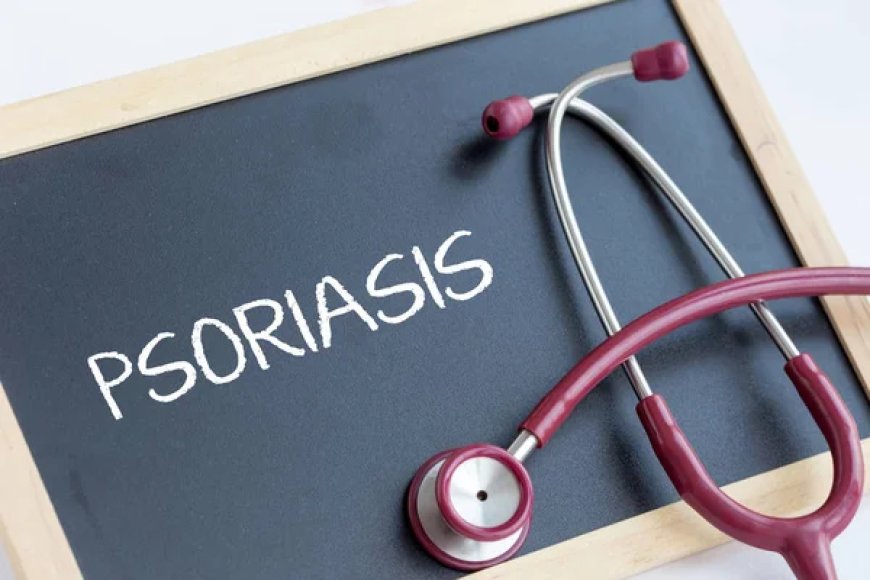Understanding Plaque Psoriasis: Causes and Key Symptoms
Plaque psoriasis remains a puzzling condition, often linked to an abnormal immune response, explicitly involving T cells and neutrophils. Factors like genetics, infections, lifestyle choices such as smoking and diet, and even stress levels can trigger or exacerbate the symptoms of this common skin disorder. This guide dives deep into the causes of plaque psoriasis, emphasizing the multi-faceted nature of its development.
Identifying Plaque Psoriasis Symptoms
Recognizing the symptoms of plaque psoriasis early can significantly improve treatment outcomes. The condition is primarily marked by:
- Red, Raised Patches: Often found on knees, elbows, scalp, and lower back, these patches are telltale signs of plaque psoriasis.
- Silvery-White Scales: These scales cover the red patches and are dead skin cells that give plaque psoriasis its distinctive appearance.
- Discomfort: Itching, burning, and soreness are expected in affected areas, sometimes leading to cracked and bleeding skin if aggravated.
- Nail Changes: Pitting, thickening, or discoloration of the nails can occur, further indicating the presence of plaque psoriasis.
- Joint Issues: In some cases, plaque psoriasis can lead to psoriatic arthritis, manifesting as joint pain or stiffness.
Distinguishing Plaque Psoriasis from Other Skin Conditions
Plaque psoriasis can often be confused with other dermatological issues, leading to misdiagnosis and improper treatment. Understanding how to distinguish plaque psoriasis from conditions like eczema, ringworm, and seborrheic dermatitis is crucial:
- Eczema vs. Plaque Psoriasis: Eczema features inflamed, red skin in body folds, whereas plaque psoriasis tends to have silvery scales on raised patches.
- Ringworm vs. Plaque Psoriasis: Ringworm is characterized by circular, ring-like rashes, unlike the irregularly shaped patches of plaque psoriasis.
- Seborrheic Dermatitis vs. Plaque Psoriasis: This condition appears with yellow, greasy scales primarily on the scalp and face, differing from the silvery scales of plaque psoriasis.
The Importance of Accurate Diagnosis
Accurate diagnosis of plaque psoriasis is critical for several reasons:
- Effective Treatment: Proper identification allows targeted treatment strategies to alleviate symptoms and potentially slow the disease's progression.
- Improved Quality of Life: Effective management reduces discomfort and improves overall skin health, significantly enhancing quality of life.
- Educational Awareness: Knowledge about the condition reduces stigma and misunderstanding associated with visible symptoms.
Conclusion: Taking Action on Plaque Psoriasis
If you suspect you have plaque psoriasis or are experiencing unexplained skin symptoms, it's essential to consult with a dermatologist. Early recognition and treatment can greatly enhance your quality of life. Stay informed and proactive about your skin health—it makes a difference in managing plaque psoriasis effectively.
























:quality(85):upscale()/2024/01/25/878/n/1922153/f94f61ec65b2bf18018990.47538761_.jpg)

:quality(85):upscale()/2024/01/26/759/n/29590734/b7f6660b65b3e8460d7196.77057039_.jpg)
:quality(85):upscale()/2024/01/27/741/n/1922153/8d43a26665b533b214de01.38307153_.jpg)








